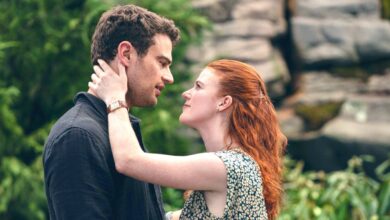Pachinko Season 2 Review: A Pearl of Seriality That Tells Us A Touching, Deep and Nuanced Story
Pachinko Season 2 Review: Pachinko Season 2 created by Soo Hugh is the confirmation that we are in front of one of the best productions of our time. It is a family epic with a strong political value that allows itself time without ever wasting it. Pachinko is undoubtedly one of the most emotional, daring, and significant television creations of recent years. Through the touching tale of a family epic, the work presents with extraordinary dignity and care a crucial fragment of South Korean history. Between life and death, love and conflict, courage, and loss, Pachinko contains the pain and memory of a people who still today continue to fight to preserve their roots and their voice. And it is precisely for its profound and authentic beauty and noble intentions that, since its debut, the award-winning historical drama of Apple TV+, based on the intense 2017 bestseller by Min Jin Lee, has enchanted and thrilled both audiences and international critics. Now, after more than two years of waiting, it returns with the long-awaited second season.
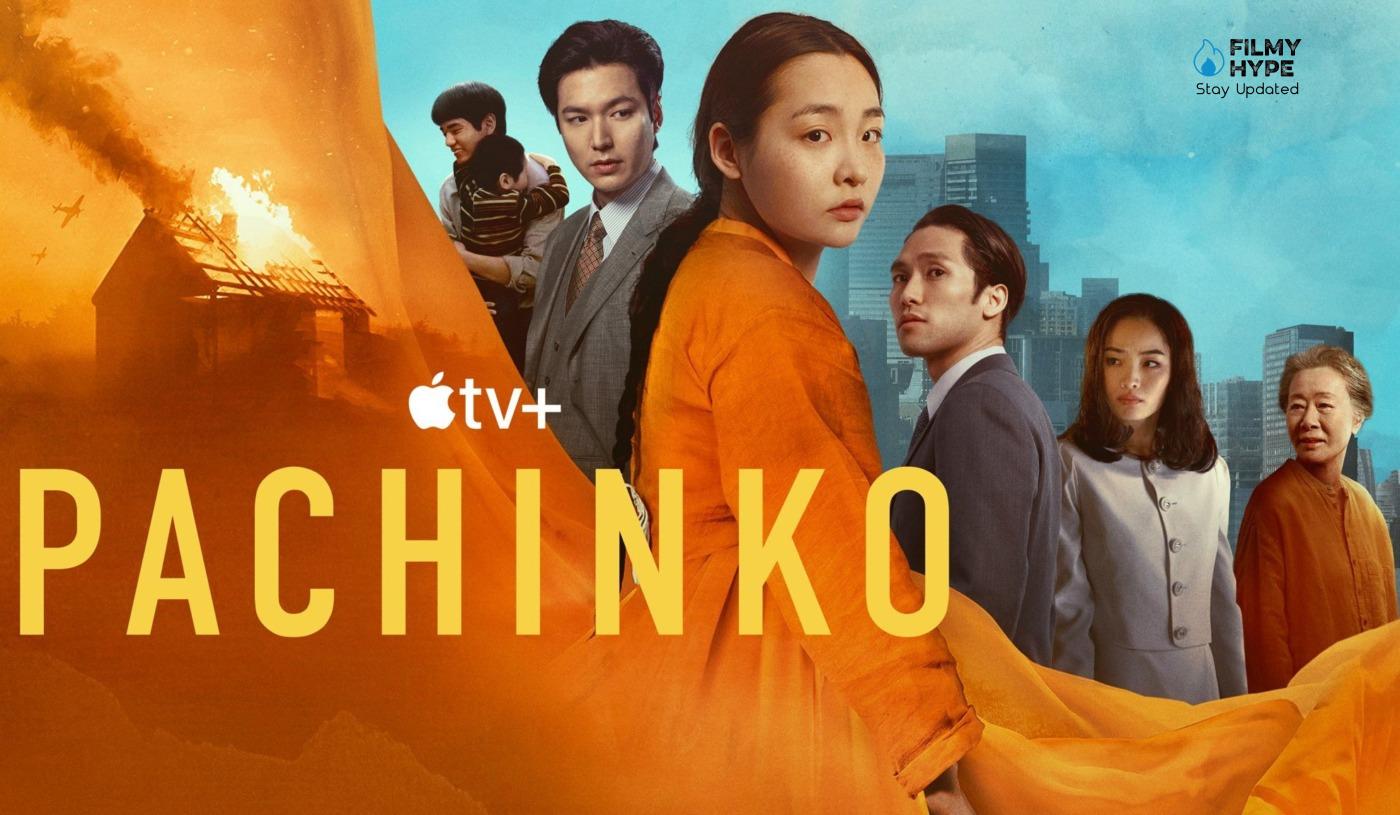
Produced by Media Res and created by the American writer and showrunner Soo Hugh, known for the curious anthology series The Terror (co-produced by Ridley Scott and based on the bestseller by Dan Simmons), the Pachinko Season 2 is made up of eight episodes of about an hour each (like the first season) and will be available on Apple’s streaming platform from August 23, 2024. Having said this, it is clear how eagerly we awaited the arrival of Pachinko Season 2 on the platform, anxious to continue the adventures of Sunja (Minha Kim) and her family: the story, for now, is broken between the Japan of the Second World War and that of the 1980s. A Before and After that shows us the difficulties that the protagonist and her family had to face, after leaving Korea, in an environment that remains constantly hostile, both in the past and in the “present”. The dark heart of this family story is the discrimination and prejudices that immigrants were forced to endure in Japan, and how these have evolved and remained present even more than half a century later, a patina of intolerance less evident but undoubtedly still well-rooted.
Pachinko Season 2 Review: The Story Plot
Seven years have passed since we left Sunja in Osaka, alone after her husband Isak was taken away by the local police. Things are not going well for her and her two children, Noa and Mozasu, as the outbreak of the war makes it very difficult for everyone to move forward. The woman, desperate, even decides to resort to alcohol trading on the black market in Osaka, because she no longer has the means to feed her children. In the 1980s, the family seems to be experiencing a more fortunate period: business is progressing and the young Solomon (Jin Ha), son of Mozasu and grandson of Sunja, is trying to make it on his own in a ruthless working world where he has the right skills to emerge. At the center of this second season, more than the portion of the story set in the 80s, which is still very important, a certain emphasis is given to the part during the War: the difficulties experienced by Sunja, a single woman trying to survive in a society that openly despises her, are aggravated by the impact that the war conflict had in Japan, an impact that as we well know at a certain point will become terribly devastating.
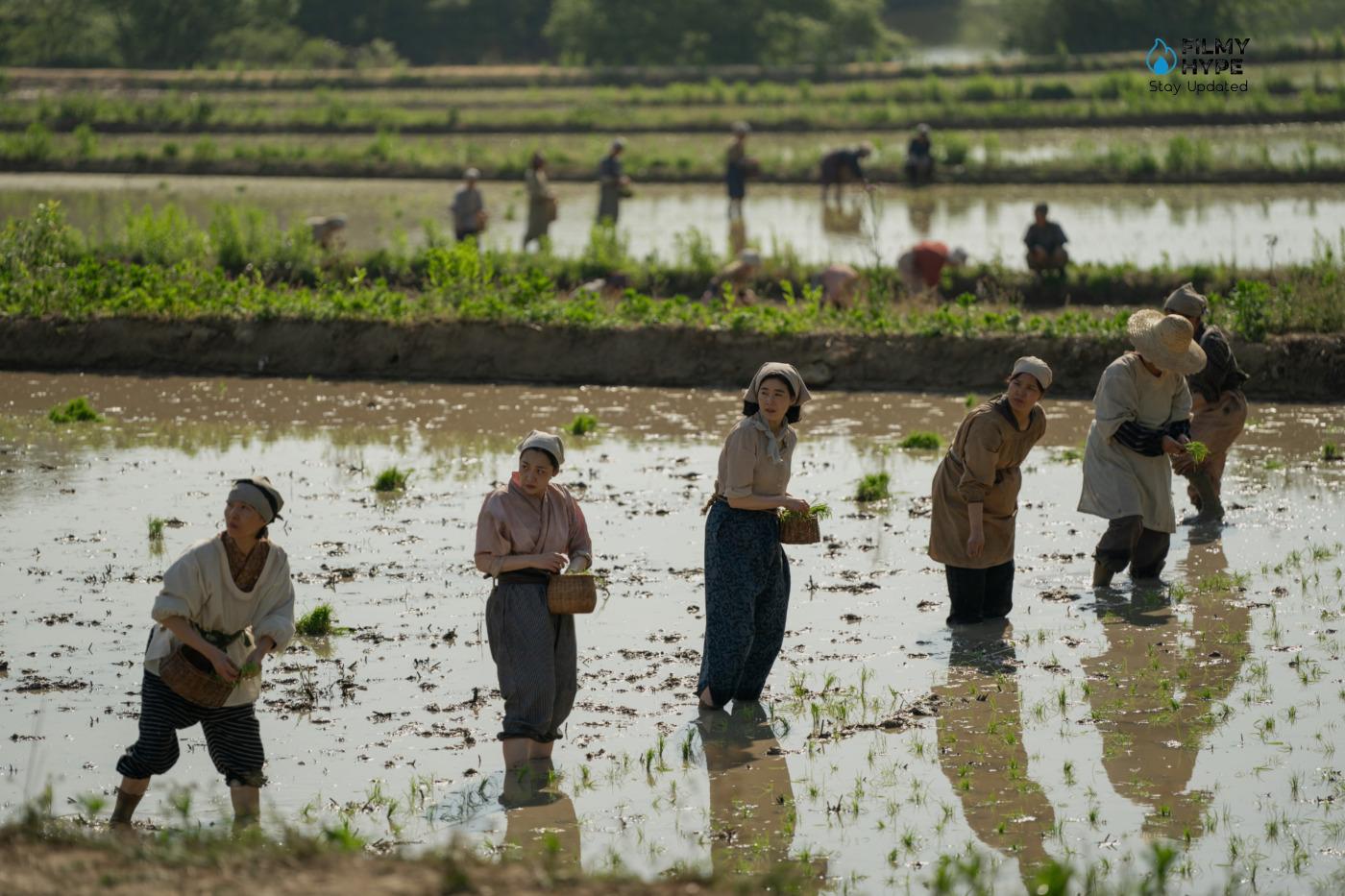
The Pachinko Season 2 starts in Osaka in 1945, amid World War II. The Japanese city where “the Americans are about to arrive” and finding cabbage to make kimchi has become a feat. At the same time, the series leaps in time and arrives in Tokyo in 1989 where Sunja’s (Kim Min-ha/Youn Yuh-jung) grandson, Solomon (Jin Ha), tries to find his way while struggling to come to terms with the guilt he feels towards his family. Directed by Leanne Welham, Arvin Chen, and Sang-il Lee, this second chapter maintains all the narrative and visual strength of its debut. There is not a false note in any of the eight episodes that unfold throughout the second half of the twentieth century. After the arrest of her husband Baek Isak (Noh Sang-hyun), Sunja raises her two children, Noa and Mozasu, with the help of her sister-in-law Kyunghee (Jung Eun-chae).
A life of sacrifices that the conflict has made even harsher. Fourteen years after their last meeting, it will be the world conflict and the fear of an American attack on Japanese soil that will bring the protagonist back together with Koh Hansu (Lee Min-ho), a rich Zainichi Korean and Noa’s biological father with ties to the yakuza. It is thanks to him that Sunja and her family find a way to escape from the city that will soon be bombed. Pachinko is an enthralling epic, never cloying. A work – because calling it a series is almost limiting – with a broad scope in which the writing of the novel from which it comes to life is found in the splendid images and interpretations that give three-dimensionality to the words written by Min Jin Lee first and adapted for the small screen by Soo Hugh later.
Pachinko Season 2 Review and Analysis
Minha Kim has the ideal stage presence to support such a dramatic narration, her acting all in subtraction is perfect to tell the inner turmoil experienced by her character, capable of showing admirable strength and resilience even in the worst moments. In this second season, particular importance is given to both Noa and Mozasu as children: the first shows many of the same characteristics as his mother, he is capable of the same silent strength. Mozasu, on the contrary, lights up the scene with his genuine sympathy every time he is framed. Jin Ha as Solomon and Youn Yuh-Jung as an old Sunja are instead the narrative heart of the part set in the 80s, the first with his burning need to create his own future, the second with her mind projected towards a past that has left indelible marks on her. As we were saying, much of the dramatic focus of the series is centered on the past, on the experiences during the family war, the storylines that take place in the “present” are inevitably put a little in the background, taking away space from the characters in the second phase of their lives.
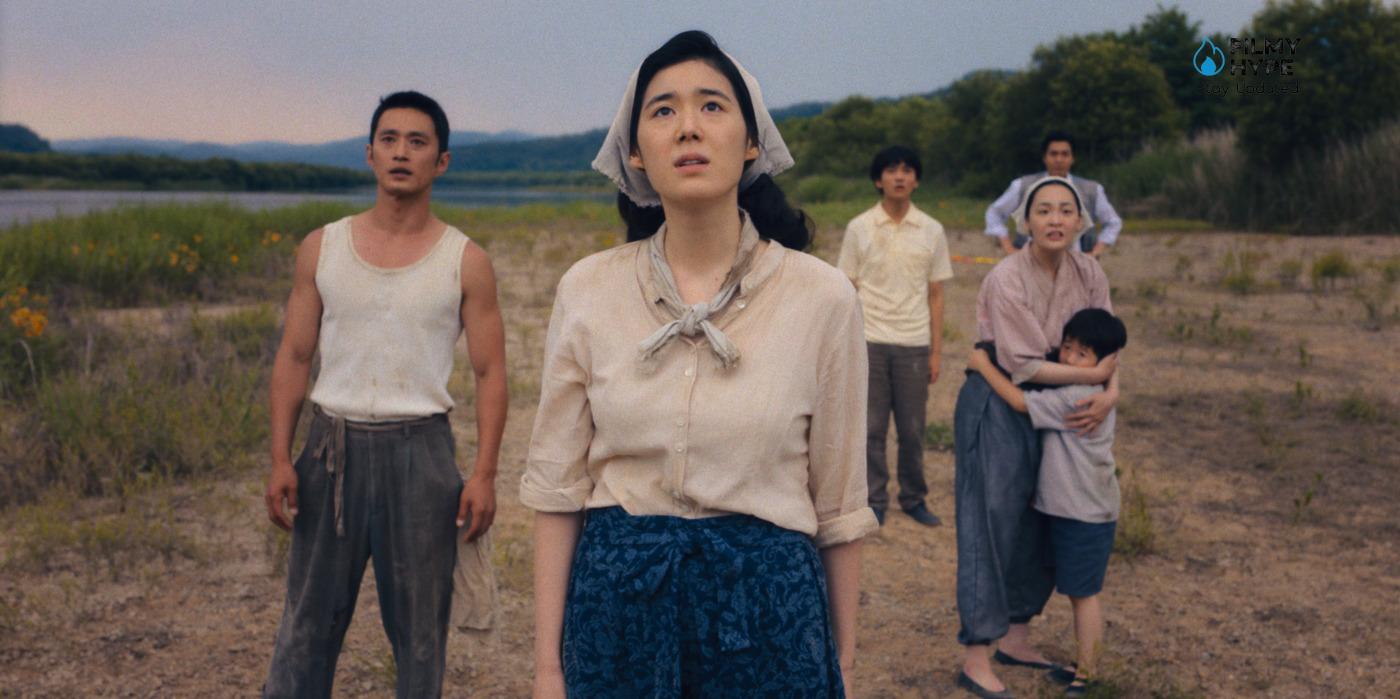
This, even if it is clearly a conscious narrative choice, is one of the few flaws that we can find in this series, which ends up suffering from a certain imbalance towards the past. The viewer is inevitably more attracted by what happens to the character of Minha Kim, who finds herself living through a series of nightmarish situations but still manages to find the strength and resources to survive. If the war period is painted with more vivid colors, with fierce brush strokes, the 80s is colder and more suffused, unfortunately less engaging. During the viewing, we asked ourselves several times how the series would have been without the portion that starts in the 80s and this made us understand that something, from the point of view of the script, unfortunately, went wrong with this second season. We had not felt this sensation with the first season.
Love, family, memory, and identity are therefore the key themes of a powerful story in which female voices resonate with strength and determination. Pachinko is a choral tale built mainly around its female characters, their fears, worries, and desires. Yangjin, Sunja, and Kyunghee are the lifeblood and represent respectively the roots, the strength, and the vulnerability of a people who have remained in the shadows for too long. In a dark and corrupt world, where war redefines the borders and the identity of a people, while men, increasingly strong and stubborn, are moved by a deep sense of rebellion, belonging, and vindication; women appear to the public in all their silent pain and dignified integrity. The mothers, daughters, and sisters of Pachinko therefore embody the essence of the Korea of the past, bringing with them all its flavors, scents, and sounds.
Food, too, throughout the story, takes on a sentimental and identity-building role and value, as important as it still is today in Korean culture. This value emerges from the first season when Yangjin works hard to get a portion of white rice to serve at Sunja’s small wedding dinner. At the time, white rice was a food reserved for the Japanese people, and that fine flavor became a symbol of love and sacrifice, which moved Sunja and will remain etched in her memory even decades later. Or kimchi (a traditional Korean dish made with fermented cabbage), prepared by Sunja with great care, becomes a means through which she manages to support her family, representing a deep connection with her roots and a form of resilience. And, again, tofu, seasoned with a variety of sauces, and tasty ramen, which Sunja sees and tastes on the streets of that market while dreaming of being able to open a restaurant, reflecting her ambition and her desires for a better future.
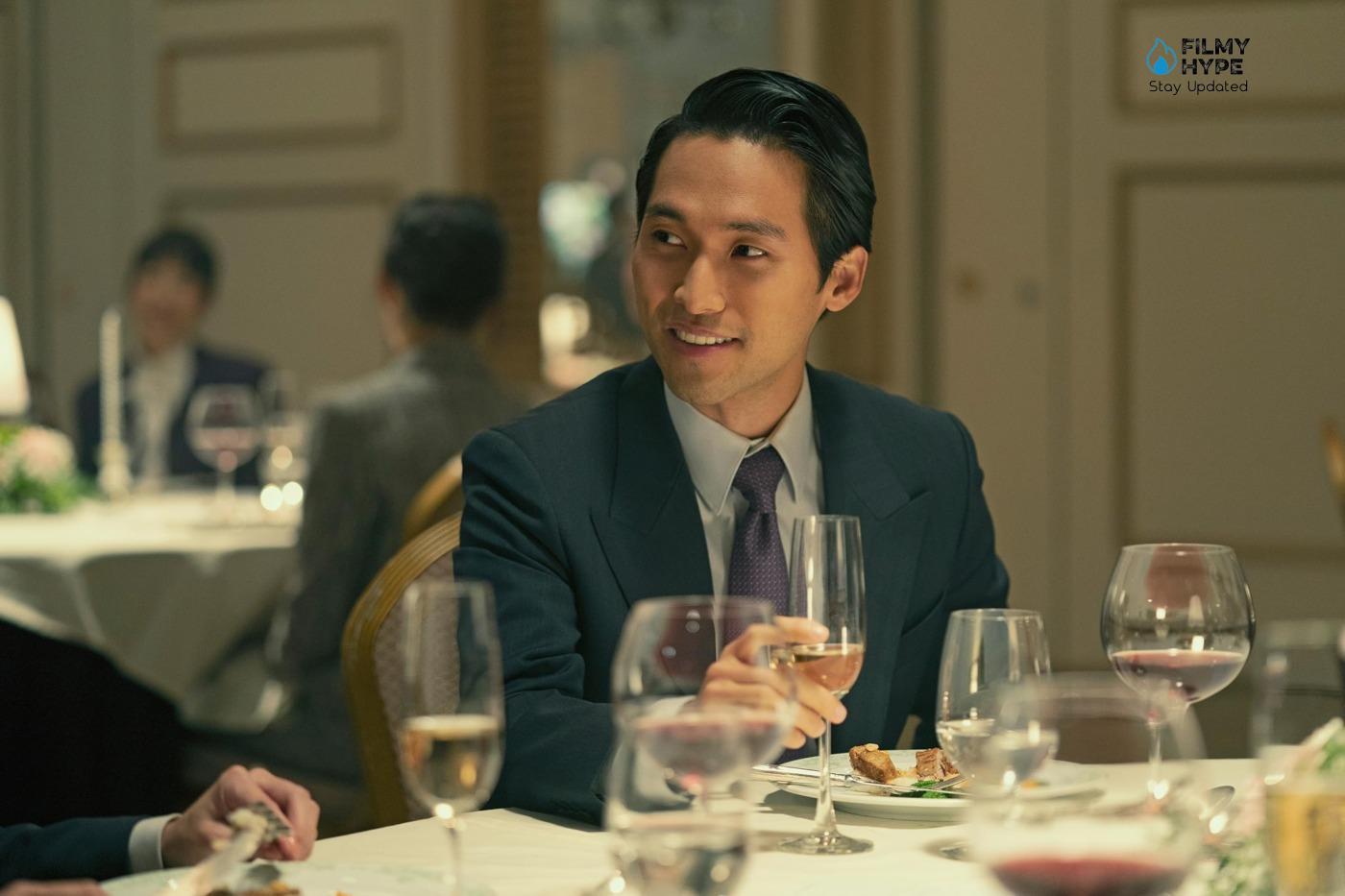
In Pachinko, food is not only nourishment, but it becomes a true emotional refuge and a living memory. Each dish and each flavor tell stories of hopes and dreams, helping to outline the identity of the characters and enriching the story with an additional dimension of meaning that deeply touches the tradition and cultural roots of a people. In many ways, Pachinko recalls the significant cinematic work Minari, by Lee Isaac Chung, which proudly brought South Korea to the 2021 Oscars a few years ago. Just like Pachinko, Minari tells, through the courage and challenges of a South Korean family who emigrated to America in the 1980s, a crucial cross-section of the history and experience of that people. While Pachinko takes its name from the Japanese gambling game that spread globally at the end of World War II, symbolizing the uncertainties and challenges of life, Minari further extols the value of food through its very title.
The term “Minari” refers to a common vegetable in Asian cuisine, which symbolizes resilience and adaptation during times of difficulty and poverty. But, beyond the presence of the great “Halmeoni” Yuh-Jung Youn, what truly and profoundly unites the two works, despite their differences in form and medium, is the ability to evoke intense and universal feelings in the audience. Both narratives explore themes such as impotence, loss, the desire for rebirth, and the pain of having to leave one’s home and loved ones in search of a better future, without ever forgetting who one really is, without ever forgetting one’s roots and one’s history. If audiences and critics feared that a work as well-written and elaborate as Pachinko could lose its charm, we could finally breathe a sigh of relief. The second season not only maintains but raises the bar even further, confirming Pachinko as an authentic masterpiece of television series in recent years. The quality of the direction and the script is impeccable, supported by an extraordinary cast that captures the audience’s attention from the very first moments.
Every detail, large or small, is meticulously curated and contributes to a rich and nuanced narrative, deserving of careful and passionate viewing. The choice of theme song is a further example of the care and precision with which each element was selected to enrich the visual experience. The transition from the energetic notes of “Let’s Live for Today” by The Grass Roots to the more decisive and authoritative ones of “Wait a Million Years” by the same band underlines the evolution and maturation of the plot and characters. Despite some questions and interpretative ideas that remain open, Pachinko Season 2 offers a satisfying and well-structured conclusion to a story that has been able to deeply touch the audience. The series not only completes its narrative arc with elegance but also provides a closure that reflects the emotional intelligence and rare quality that distinguish it from the many often superficial television productions available in recent years on streaming platforms. In conclusion, Pachinko has reached a level of perfection that gives hope that the creators will not give in to the temptation to prolong a work that has already been given and done much more than one could have expected.
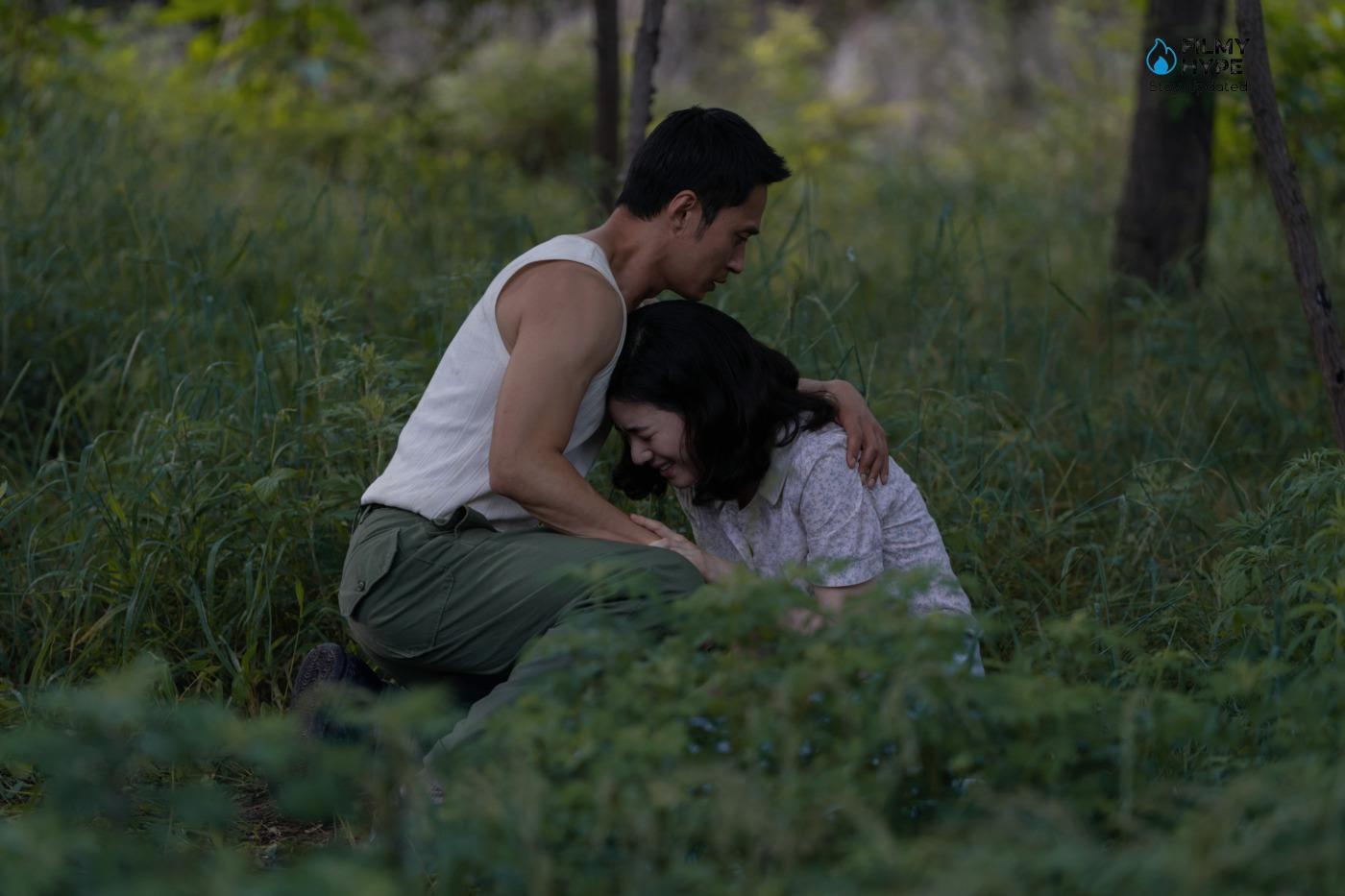
Furthermore, the concepts of memory and identity become increasingly central. Sunja’s mother reminds her grandchildren to never forget that they are Korean, Noa will find herself at the crossroads of embracing her true history or denying it, just as the protagonist, many years later, will have a face-to-face with the past. Stay anchored to it? Or try to look to the future? Pachinko asks huge questions and shows us how they are passed from generation to generation thanks to the figure of Solomon. A young man raised in Japan but steeped in Korean culture who studied and worked with Westerners. A mix of realities that can disorient and make you lose your inner compass. A demanding production, visually curated in every detail, from the reproduction of modest homes to crowded markets, from the attention to special effects to the vivid colors of nature, the series has a narrative element with a strong symbolic charge: food. It is the common thread that links seasons and characters over the years.
From kimchi, a typical Korean dish that allows Sunja to feed her children, to tofu with various seasonings, from a bowl of white rice to noodles cooked in a street stall with the dream of opening a restaurant. Inside the dishes prepared and consumed in Pachinko, there is a powerful story capable of evoking memories and keeping close ties. And food itself is a political element. Because it represents memory and identity. The same elements that form the cornerstone of this great choral tale are driven by a woman who is an example of dignity and a straight back, even when she spends her days immersed in the water in the rice fields of the Japanese countryside. Pachinko is an example of how seriality if well done, has the same breadth as a great novel. Capable of taking time without wasting it, of going deep into the souls of the characters without leaving them on the surface as two-dimensional figurines. But with the power of the best possible cinema. A small miracle.
Pachinko Season 2 Review: The Last Words
A pearl of seriality that tells us a touching, deep, and nuanced story. Pachinko 2 is truly one of the best series produced in recent years. The second season of Pachinko confirms the mastery of Soo Hugh in taking Min Jin Lee’s novel and making it his own. The history of the second half of the twentieth century mixes once again with that of the lives of the protagonists with narrative balance. A dramatic series with a strong political value that underlines how the past determines the future through the story of different generations grappling with the concepts of memory and identity. Great performances and an unmissable theme song. Despite some unanswered questions, the second season of Pachinko not only maintains but further raises the bar, confirming itself as an authentic masterpiece of television series in recent years.
Cast: Kim Min-ha, Youn Yuh-jung, Soji Arai, Jin Ha
Created By: Soo Hugh
Where to Watch: Apple TV+
Filmyhype.com Ratings: 4.5/5 (four and a half stars)






